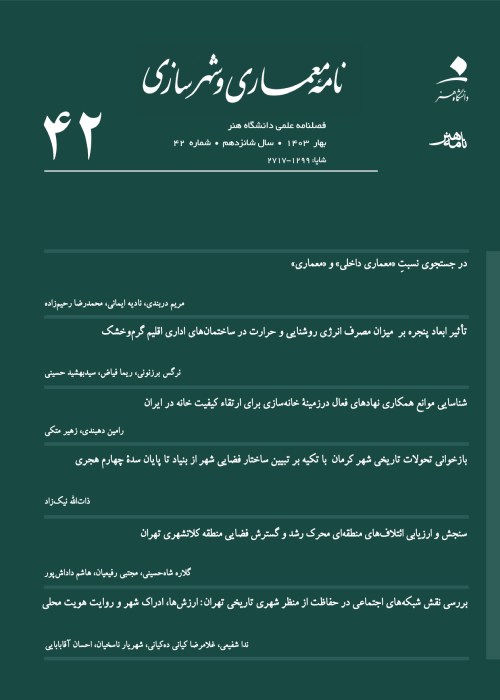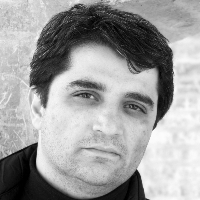A Comparative Study of Master’s Degree Programs of Architecture
The master's degree program of architecture in Iran which has been a discontinuous program since 1999, has been developed based on the sub-division of previous continuous M-Arch program into two discontinuous “bachelor” and “master” programs. Since then the master’s degree program and the curriculum have been revised only a few times and the last revision was approved in 2013. The Ministry of Science, Research and Technology (MSRT) has developed the master’s degree program according to the coordinated education system and its prevailing restrictions. The department of architecture at the University of Art, after 14 years of offering the M.Arch program, decided to start developing its own curriculum with a series of research programs. This research aims to define the main goals and the general and specific characters in contemporary graduate education in architecture. In this article, a comparative study has been conducted to analyze the master's degree programs in selected universities and departments in the United States (2 programs), Europe (4 programs), and Asia (2 programs including Iran) with the highest ranks in Q. S world university rankings. Accordingly, the master of architecture program in high ranking universities of M.I.T, TU Delft, ETH Zurich, Harvard University, University of Manchester, Politecnico di Milano, and the National University of Singapore have been studied and analyzed. Also, the structure of the latest master’s degree program of architecture approved by MSRT in Iran has been reviewed and analyzed in comparison to the curriculum of architecture in the selected universities. This research is a developmental research with a qualitative methodology and is conducted based on logical analysis, comparison, and inference methods. The findings of this study demonstrate that the master's degree program of architecture in Iran can only be compared with the educational programs of the selected universities in terms of course length and overall structure. However, in terms of goal setting, educational areas and educational details further revisions are needed. Additionally, fundamental changes should be made in accordance with the architectural features of the country and the region, which should be considered in the development of educational programs. The areas in which further development in the M.Arch program in Iran can be recommended are: continuous revisions and updating of the program and curriculum through research; clarification of the educational goals in respect to the context; developing various educational fields in the program; redefining the structure of the courses in each semester to reach higher levels of integration; considering flexibility in the program based on the students’ potential; leveraging the spatial characteristics and capacities of the campus buildings and facilities; offering a more balanced combination of theoretical courses and studios in order to make it a coherent experience for the students; providing apprenticeship opportunities as an option for education.
- حق عضویت دریافتی صرف حمایت از نشریات عضو و نگهداری، تکمیل و توسعه مگیران میشود.
- پرداخت حق اشتراک و دانلود مقالات اجازه بازنشر آن در سایر رسانههای چاپی و دیجیتال را به کاربر نمیدهد.




